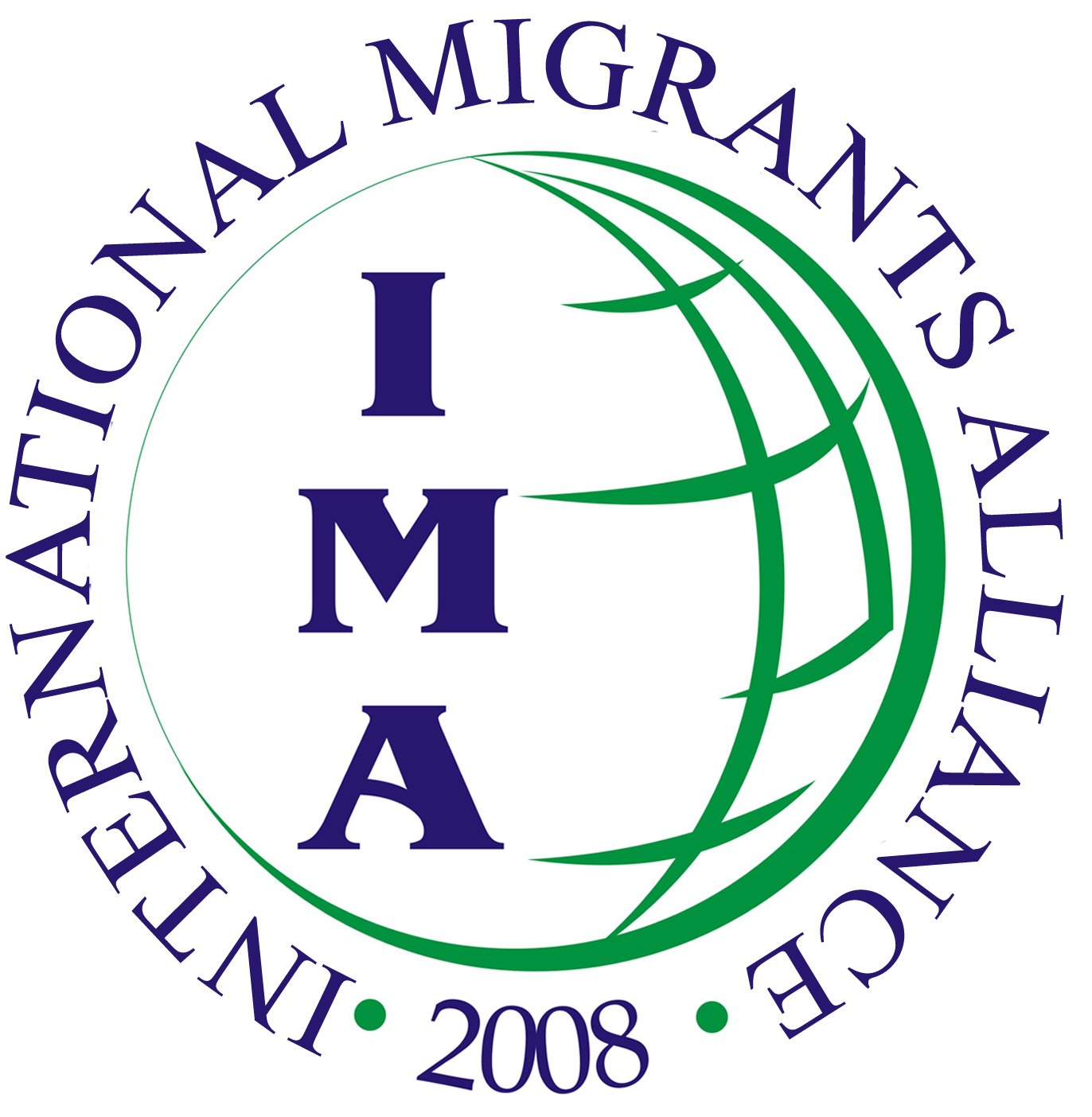On the Bangladesh Situation (Summary article from the online forum)
Translation: Bahasa | Español | Français
Presented 7th August, 2024
Hosted by:
ILPS Asia Pacific
International Indigenous Peoples’ Movement for Self-Determination and Liberation
IMA Asia Pacific
Asia Pacific Research Network
Pesticide Action Network Asia Pacific
On the 7th of August 2024, the International Migrants Alliance - Asia Pacific (IMA-AsPac) and its co-organisers hosted an online forum to share the recent events happening in Bangladesh. The forum was joined by more than 170 participants from across the globe, and our three guest speakers in Dhaka were able to share their experiences and analyses of the current situation in Bangladesh. This article summarises the key questions and discussions which were highlighted in the forum.
1. What is happening right now in Bangladesh?
Bangladesh is now in a state of emergency. Prime Minister Sheikh Hasina has announced her resignation and has fled the country, as thousands of demonstrators stormed the Parliament building and other buildings associated with the Awami League ruling party.
What was initially a peaceful protest movement organised by students, turned into a bloody massacre of civilians on the streets. Police were shooting indiscriminately and running over protesters with their trucks, and a strict curfew with a “shoot-on-sight” order was imposed while the Prime Minister was still in the country.
An indefinite nationwide curfew has been reinstated. Internet and media blackouts are continuing as many facilities including schools remain closed, and transportation remains inoperative. The police have killed over 650 people, 66 of which are children—although the actual death toll is estimated to be over 1000 and still increasing. More than 33,000 are injured and still hospitalised. More than 10,000 people have been arrested (Now many of them are released). Our guest speakers mentioned that they have lost many of their friends and relatives in the past month.
2. Why is this happening?
Since 2008, the Awami League (AL) Party has kept Bangladesh under their rule with anti-democratic laws and alleged fraudulent elections. The latest quota system reinstated by the Party reserves a large portion of government positions to families of the 1971 independence war veterans. This amassed furious reactions from the youth and students who were already struggling to find employment due to the crisis of stagnant job growth within the country.
Hasina and the AL party have always been unpopular with the youth and students of Bangladesh. One speaker recalled an incident in 2018 when school children campaigning for safer roads and justice for road accident victims (around 7000 every year) were beaten on the streets for protesting. These children, now students at universities, have once again rallied against the government for what was initially a 9-point demand for the reforming of the quota system. However, since the government’s violent response to the protests, they are now calling not only for a quota system reform, but a complete overthrow of the fascist regime.
Apart from the students, many other sectors of Bangladesh society have expressed disdain towards the AL Party, particularly on the legitimacy and misuse of their power. Last year in 2023, only 18% of the population voted. Billions of dollars have been taken out of the country and stashed into private bank accounts. Vagrant corruption and decades of authoritarian rule has affected all Bangladeshi workers.
3. Who is involved in this?
Opposition parties have come out in support of the latest uprising against the AL regime, but none claimed to have instigated or led the movement. Our speakers expressed that what we are seeing in Bangladesh right now started as a purely organic movement, with no clear political agenda coming from the students. So far, there has been no evidence of agitators coming from outside of the country.
4. What will happen now?
President Mohammed Shahabuddin has dissolved parliament and has appointed businessman Muhammad Yunus as Chief Advisor of the interim government with new elections to follow. The Military Intelligence Chief was caught trying to escape the country, and was stopped by airport staff so that he will not go unpunished. Political prisoners and students detained by the AL regime are slowly being released and reunited with their families.
The students are currently represented by 58 ‘coordinators’ to discuss their demands with the President and the interim government. They have explicitly stated that they will not accept a military government, or any interference from outside such as India or the US. The people now are calling for an amendment of the Constitution which has been changed by the AL Party throughout the last 16 years, and to reform government departments such as the Election, Revenue and Anti-corruption Commissions.
The newly appointed Chief Advisor, Prof. Yunus is an academic known for his work in ‘microfinance’, an extension of neoliberal economics that allows it to be adapted among the poorest populations. Our speakers are aware that Prof. Yunus will undoubtedly popularise neoliberal policies and will have the support of India and the US. They are hopeful that the movement in Bangladesh will continue to strengthen and solidify itself into a peoples’ movement which guarantees basic rights and genuine freedom for all Bangladeshi citizens.
